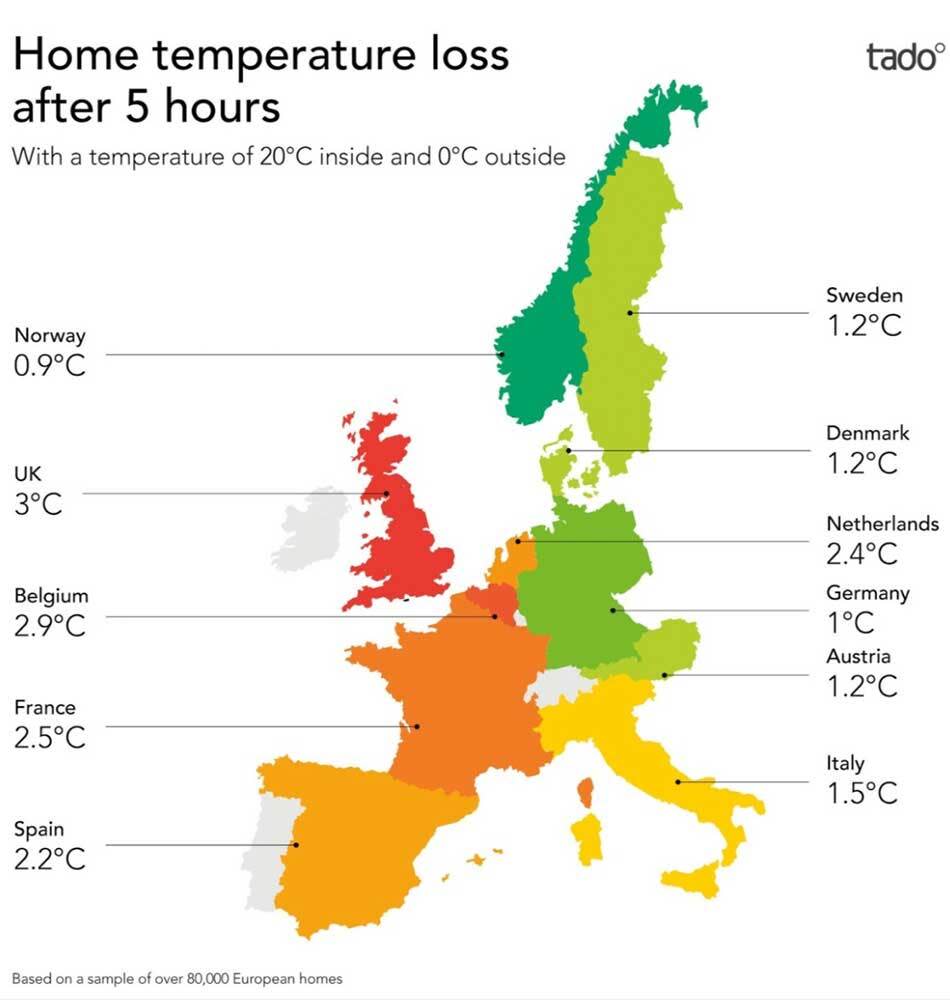
The narrative of a miserly, Scrooge-like figure hoarding his wealth for years instead of enjoying his retirement might seem unbelievable—but unfortunately, it isn’t relegated only to fiction. It’s a cold reality for many retirees.
According to the Life Cycle Hypothesis, this shouldn’t need to happen. A retiree who is financially prepared for retirement should keep a consistent income in retirement, and her overall consumption should not change.
Who Is Struggling to Spend Their Retirement Income?
About 25% of retirees fall into the camp of people who decrease spending during retirement.
Moreover, research suggests this problem may worsen. Researchers found that the issue was most pronounced with individuals who use their own savings for retirement income—whereas people with guaranteed sources of income, such as annuities, Social Security, and pensions, were more likely to spend their income.
Why Do People Have Trouble Shifting From a Saving to Spending Mindset?
One line of thinking posits that people simply don’t need to spend as much in retirement. For example, when people retire, they may experience a drop in work-related expenses. They may be able to spend more time doing things they had to pay for in the past—now making meals at home or mowing their own lawn—and searching for the best deals for their purchases. And they may pay off their mortgage, thus decreasing their expenses.
Another line of thought points to more psychological reasons behind a change in spending patterns.
Before retirement, a person may be more susceptible to present bias (the tendency to focus more on the present situation at the expense of long-term planning) because their future labor income is uncertain, and they don’t yet feel an ownership of that money. That uncertainty gives them the flexibility to think things like, “I’ll work more hours next month to make up for this trip,” or “My boss will cough up that bonus soon.”
However, after retirement, they are on a fixed income and the money they are spending is coming from their own pocket. This shift triggers loss aversion—that is, the desire to avoid losses outweighs the desire to experience gains. In retirement, we know that overspending today will result in a sure loss in future consumption. In a world where that future you is 85 years old and unable to work, that future loss looms much larger than an extra extravagance today.
How to Manage Retirement Spending Woes
Every retiree is different, and different explanations may ring true based on their personal circumstances, so retirees may benefit from taking stock of their retirement spending.
Start by gauging your financial affairs and have a clear understanding of how much you can spend.
Try tracking your spending using an online tool that breaks down spending by category. It’s ideal to do this before you retire, but not essential. On a quarterly basis, check your overall spending and take note of any categories where your spending patterns have changed. Do these changes align with your financial goals? Did your spending on eating out suddenly drop, even though you love trying new cuisines with friends?
The Pieces to the Retirement Income Puzzle
If you fall into the underspending camp, research suggests that people using guaranteed income sources are more willing to spend their income.
If you don’t want to take the leap to guaranteed income sources, try reframing your retirement income as a paycheck that someone else is paying you.
Although not spending enough money in retirement may not be a universal problem, it does represent a huge, missed opportunity for the retirees in question. It’s important to remember that this is the money you’ve spent years toiling over and protecting. Now, during a long and happy retirement, is the time to put that money and free time to good use, funneling both resources into your version of a life well-lived.
—-
This article was provided to The Associated Press by Morningstar. For more personal finance content, go to https://www.morningstar.com/personal-finance
Samantha Lamas is a senior behavioral researcher at Morningstar.
EMEA Tribune is not involved in this news article, it is taken from our partners and or from the News Agencies. Copyright and Credit go to the News Agencies, email news@emeatribune.com Follow our WhatsApp verified Channel




